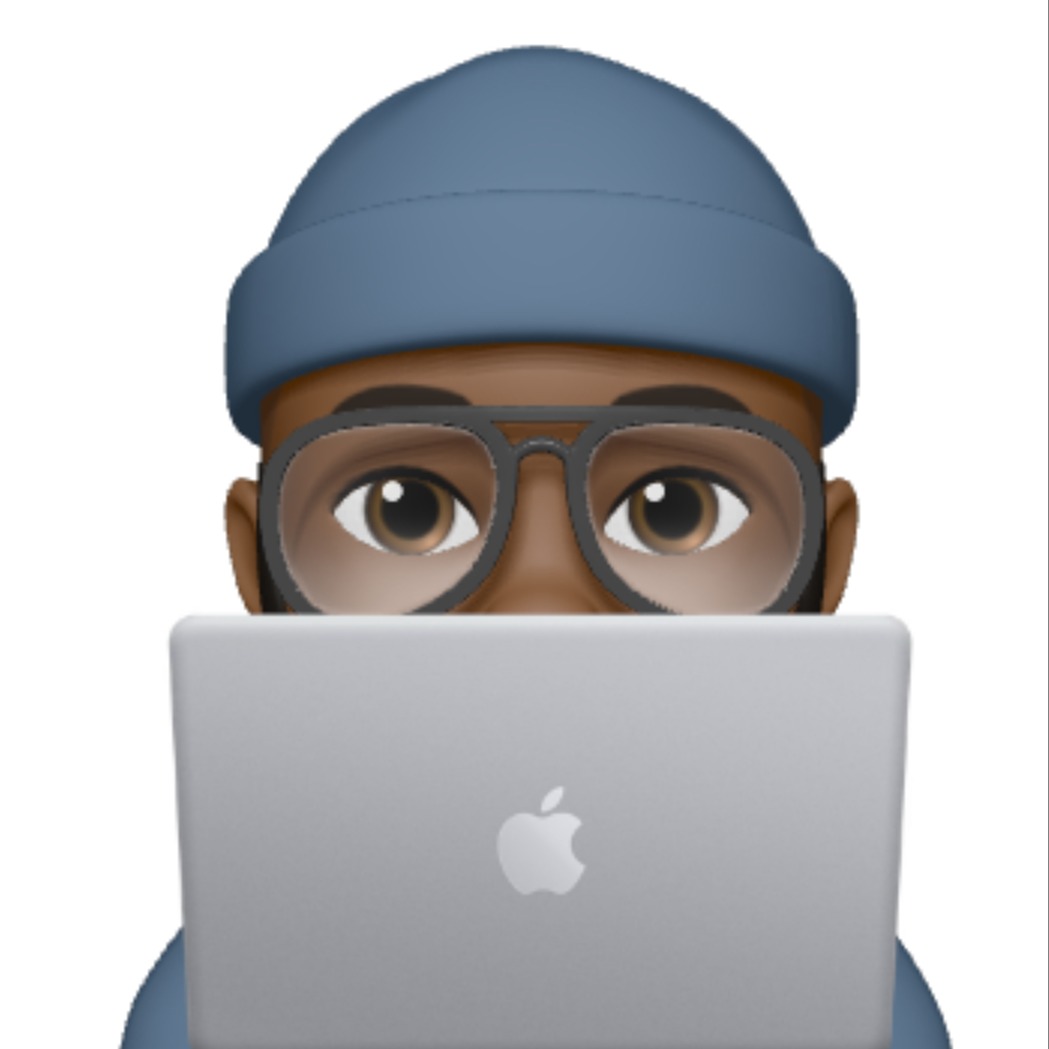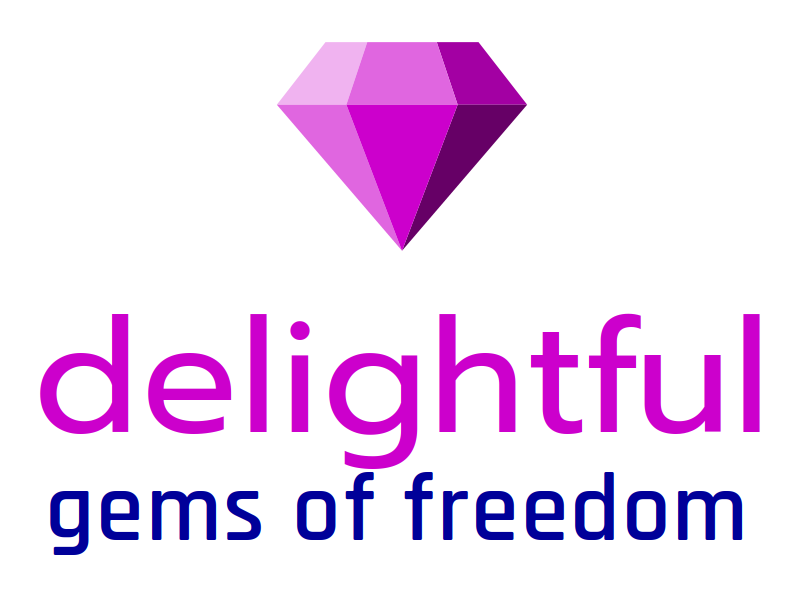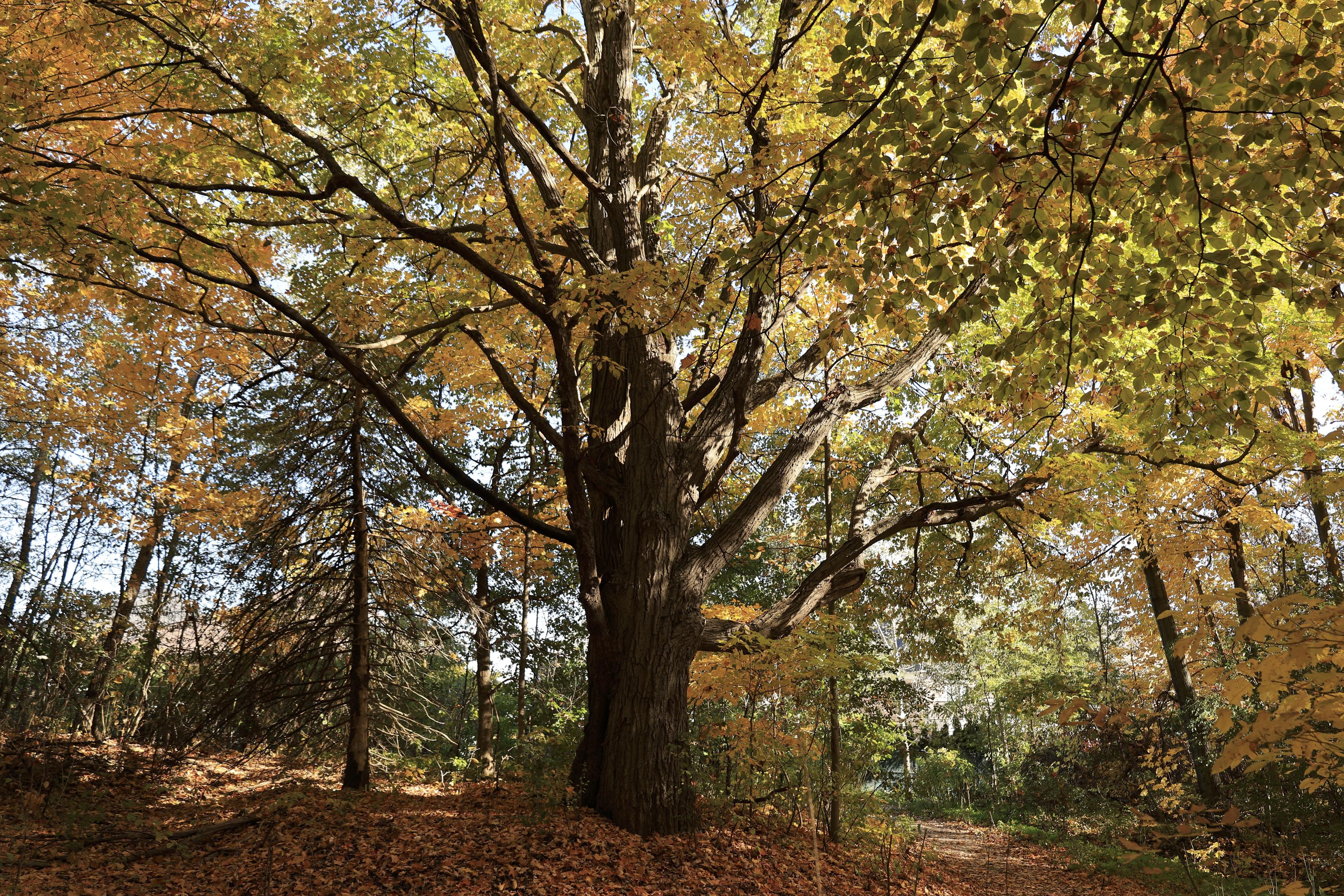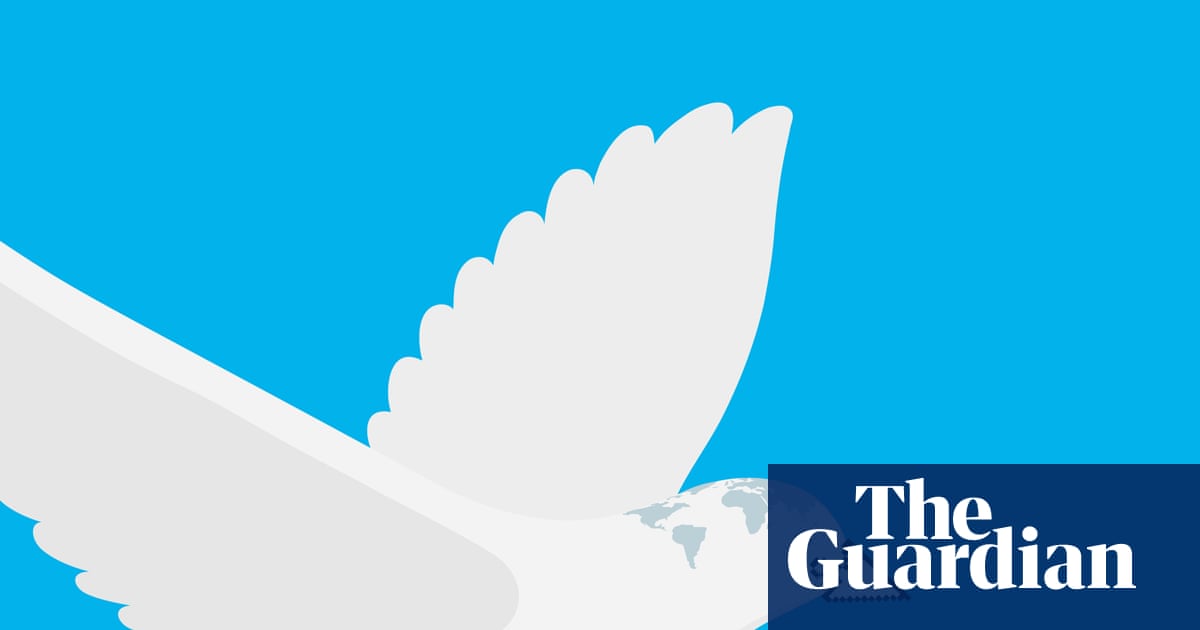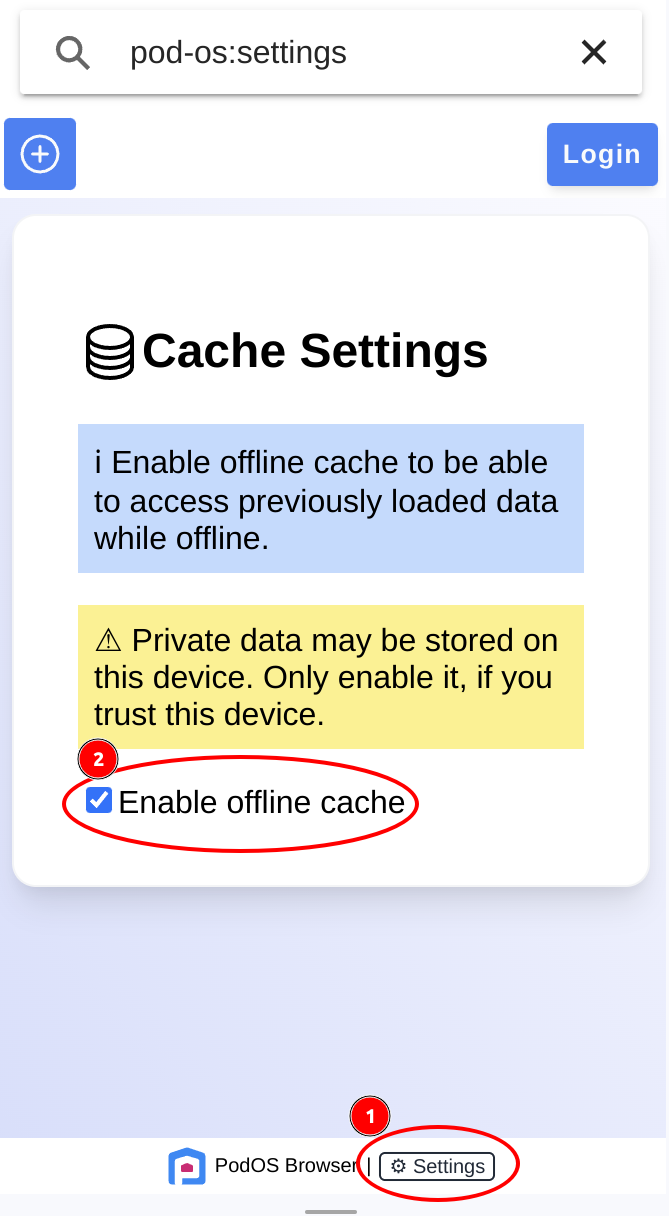@smallcircles unless I’m mistaken there’s aspects of what you’re search for that are the basis for ActivityPods, which also allows for bolting on additional where needed. I don’t think what you’re looking for is that far from reality https://docs.activitypods.org/guides/create-your-first-social-app/
Thank you. Yes, indeed. As it happens I was just in chat with Sébastien yesterday. They'll give a presentation at the #Solid Practitioners Meetings on the 5th of March.
#ActivityPods is positioned to bring "app development" to the intersection of the #ActivityPub and #SolidProject ecosystems, and that is very valuable. And also an #OpenStandards focused initiative.
I have revamped the #fediverse delightful lists to de-emphasize app domains and apps that have already established themselves, to highlight the innovative projects that can bring fedi to higher levels. @activitypods is on the developer list.. https://delightful.coding.social/delightful-fediverse-development/#application-development
They are well positioned to offer the 'Solution developer' stakeholders an attractive set of tools. And the opportunity is to marriage the best of 2 worlds. Which is at the same time the big challenge, coping with the worst of 2 worlds. The other day I tooted about this here: https://social.coop/@smallcircles/116113963712755122
I recreated an old diagram in Excalidraw that I spread about a couple years ago, and made it a bit more informative. Explanation can be found in the #AltText
See also and for discussion: https://discuss.coding.social/t/diagram-interoperability-in-practice/828
Or join the Social experience design chatroom at: https://matrix.to/#/#socialcoding-foundations:matrix.org
Also posted to #SocialHub at: https://socialhub.activitypub.rocks/t/activitypub-versus-fediverse-interoperability-in-practice/8498
#SX #SocialCoding #SocialWeb #ActivityPub #SolidProject #fediverse
